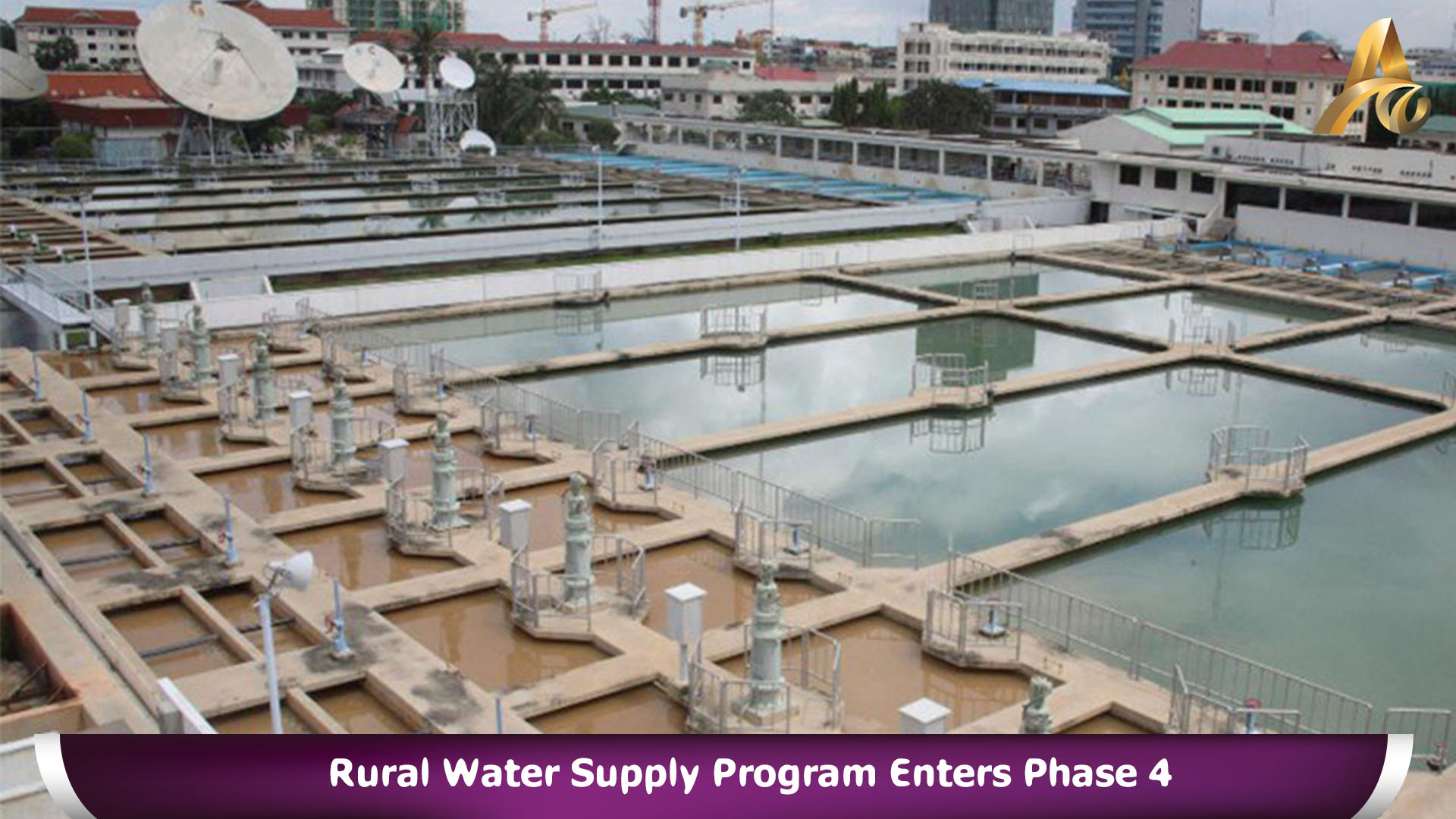PHNOM PENH: Minister of Rural Development Chhay Rithy Sen said that in the last five years (2017-2022), the clean water supply has increased significantly.
At a rural water supply and sanitation workshop on September 13, the minister said that over the last five years, the clean water supply has increased significantly from 58.7% to 82.7% of total need, while access to basic sanitation has increased from 71% to 83.7%, with open defecation decreasing sharply from 43% in 2015 to 16% in 2022.
He went on to mention the Royal Government policy on clean water and sanitation which began in 2014 and aims to provide clean water and sanitation to 100% of the population by 2025.
"The fourth phase of the ADB-supported Sustainable Rural Water Supply and Sanitation Program is focused on ensuring that people have access to clean water to use and sanitation for rural areas in nine target provinces: Oddar Meanchey, Banteay Meanchey, Preah Vihear, Pailin, Battambang, Kampong Speu, Kampot, Kratie and Stung Treng,” he said.
He added that through this program, infrastructure will be built to support rural water supply, including water distribution systems through small-scale pipelines, community pond improvements, well drilling, sanitation pumping and training in capacity building.
The Minister of Rural Development instructed the workshop participants to provide feedback and reflect on the results of the study and any additional input from participants so that the study is comprehensive and acceptable to all stakeholders before it is submitted to the Board of Directors of at the Asian Development Bank (ADB) through the Ministry of Economy and Finance for official approval. Once approved, the program can be implemented from 2024-2028.






















